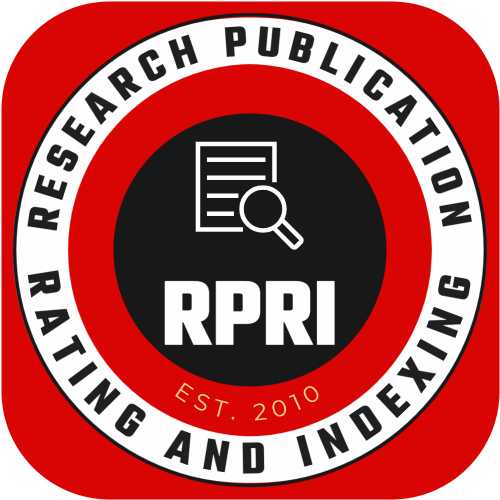Article
WORKING CAPITAL MANAGEMENT STARTEGIES
This study delves into the evolution of Working Capital Management (WCM) strategies by integrating traditional financial methodologies with advanced Machine Learning (ML) and Deep Learning (DL) techniques. Recognizing the critical role of efficient WCM in ensuring a firm's liquidity, profitability, and sustainable growth, especially within the context of seasonal fluctuations, supply chain complexities, and evolving economic landscapes in India, this research aims to provide a comprehensive framework for optimizing working capital. The study will first establish a baseline using conventional WCM approaches, focusing on the management of cash, inventory, accounts receivable, and accounts payable, and their impact on the Cash Conversion Cycle (CCC). It will then explore how ML algorithms, such as Random Forest and Gradient Boosting, can be applied to large historical datasets to identify the most significant internal and external factors influencing working capital needs, thereby improving forecasting accuracy for key components like sales demand, inventory levels, and payment patterns. Furthermore, Deep Learning models, particularly Long Short-Term Memory (LSTM) networks, will be deployed to capture complex temporal dependencies and non-linear relationships in highly volatile financial data, enabling more precise, real-time cash flow and working capital requirement predictions. The performance of these AI-driven models will be rigorously evaluated against traditional forecasting methods (e.g., ARIMA, regression analysis) using metrics like Mean Absolute Percentage Error (MAPE) and Root Mean Squared Error (RMSE). Ultimately, this research seeks to demonstrate how the synergy between established WCM principles and cutting-edge AI technologies can lead to superior liquidity management, reduced financing costs, minimized stockouts or excess inventory, and enhanced overall financial resilience for businesses in India.
Full Text Attachment





























